Page 131
be going to: affirmative, negative and questions
| Affirmative | Negative |
| I'm going to swim. He's going to swim. We're going to swim. | I'm not going to run. He isn't going to run. We aren't going to run. |
We make the affirmative form with the verb be and going to plus the base form of the verb.
We're going to buy a guidebook on holiday.
To make the negative form, use the negative form of the verb be and going to plus the base form.
They aren't going to use a phrase book.
In spoken or informal written English, use short forms.
He's going to take insect spray.
| Questions | Short answers | |
| Affirmative | Negative | |
| Am I going to cook? Is he going to cook? | Yes, I am. Yes, he is. Yes, we are. | No, I'm not. No, he isn't. No, we aren't. |
To make questions, invert the be and the -ing form. Then add the base form of the verb. Question words like What, Where or When go at the beginning of the question.
Is your brother going to travel to South America?
Are we going to visit some museums on our trip?
What are you going to do in Berlin?
Where is your friend going to go on holiday?
For short answers, use the verb be without going to.
Are you going to walk in the mountains? Yes, I am.
Usage
We use be going to to talk about plans and intentions in the future. We often use it for things we planned to do before the moment of speaking.
will and won't
| Affirmative |
| I / You / He / She / It / We / You / They will stay here. |
| Negative |
| I / You / He / She / It / We / You / They won't get wet. |
| Questions | Short answers | |
| Affirmative | Negative | |
| Will I / you / he / she / it / we / you/they stay? | Yes, I / you / he / she / it / we / you/they will. | No, I / you / he / she / it / we / you / they won't. |
We make the affirmative form with will plus the base form of the verb.
The weather will be cold and rainy tomorrow.
To make the negative form, use won't plus the base form of the verb.
We won't go to the beach.
In spoken or informal English, we use short forms.
She'll watch a DVD at home.
We make the question form with will plus subject plus the base form. Question words like What, Where or When go at the beginning of the question.
Where will you live when you're older?
We make short answers with will.
Will she be famous in the future? Yes, she will!
Usage
We use will for future predictions and for offers, promises and things we decide to do at the moment of speaking.
First conditional
| Condition | Result |
| If you go to the café, If you don't hurry up, | you'll see Paul. you'll miss the train. |
| Result | Condition |
| You'll see Paul We won't catch the train | if you go to the café. if we don't leave soon. |
| Questions | |
| If the weather is nice, What will we do | will you go to the beach? if it rains? |
We use the first conditional to talk about a condition and the result of this condition. You can start the sentence with the condition or the result.
Use if + present simple in the condition clause, and will / won't + infinitive in the result clause.
If it's sunny at the weekend, I'll go to the park.
I won't go to the park if it rains at the weekend.
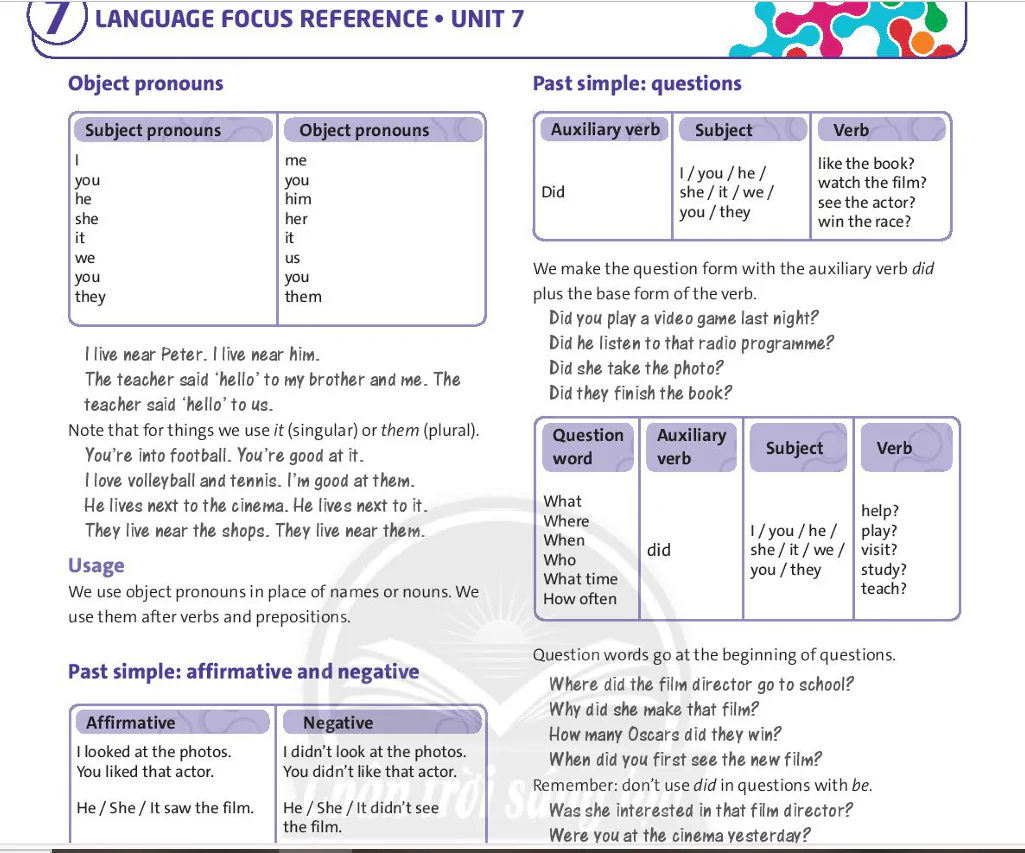

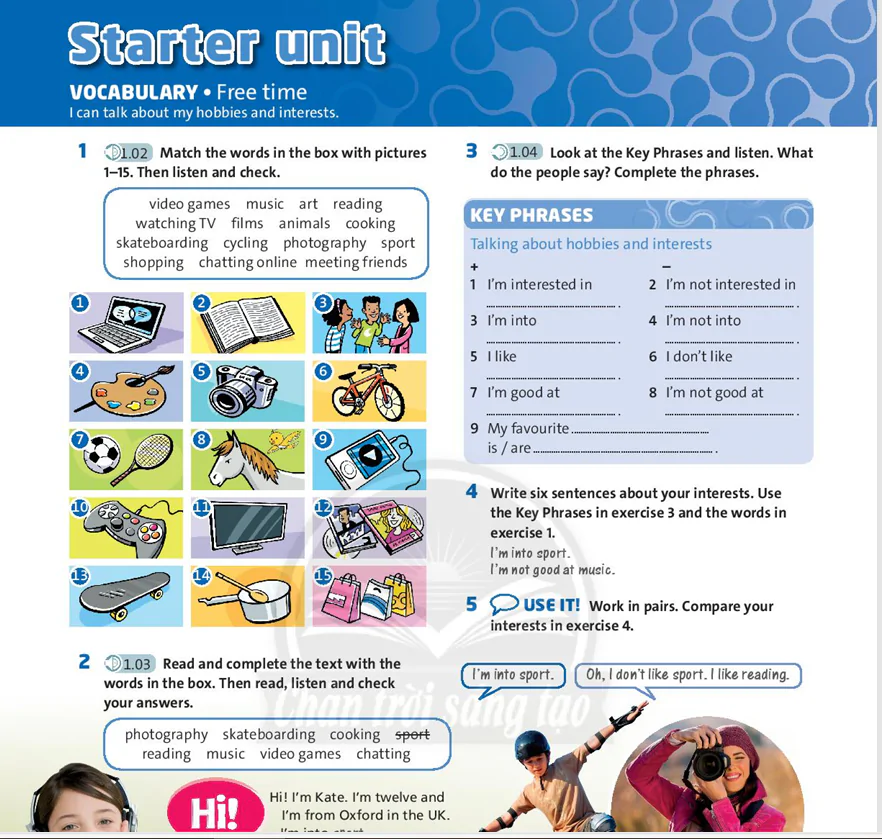
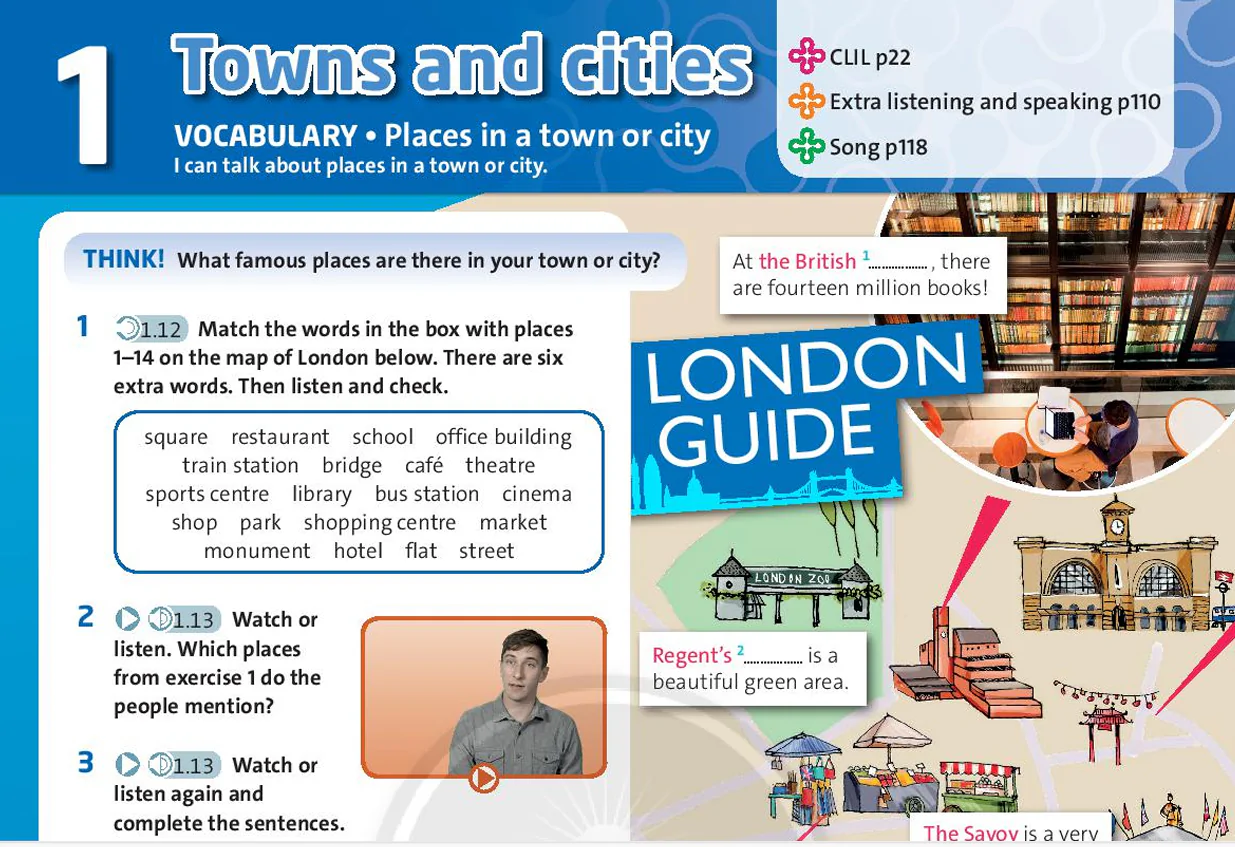
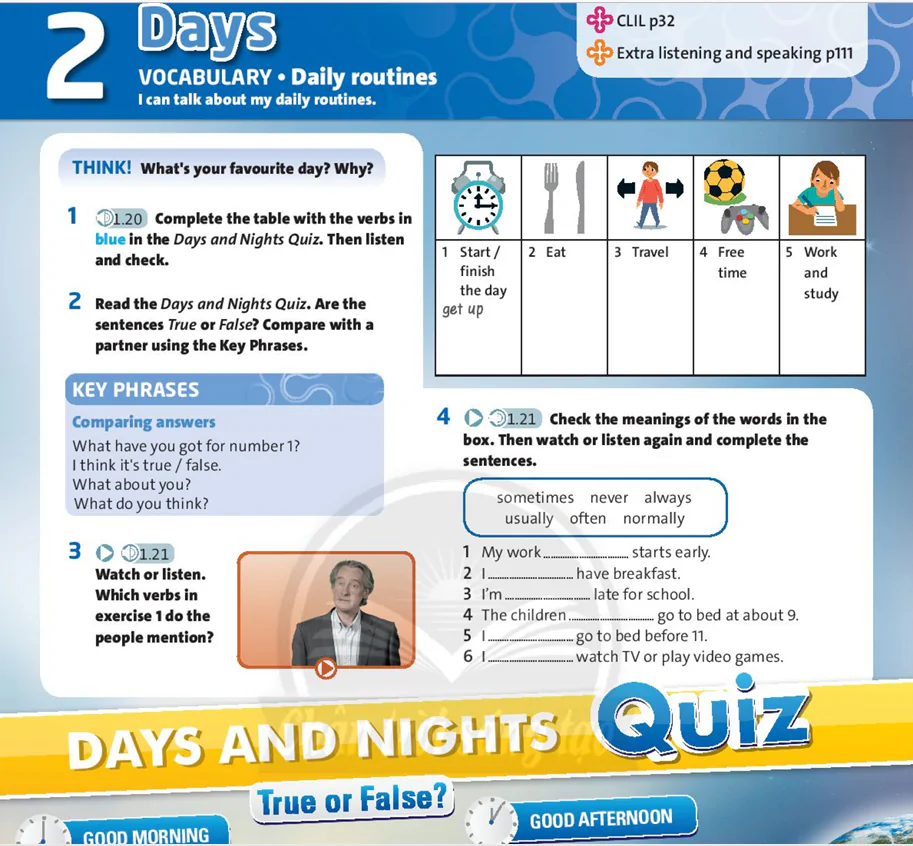
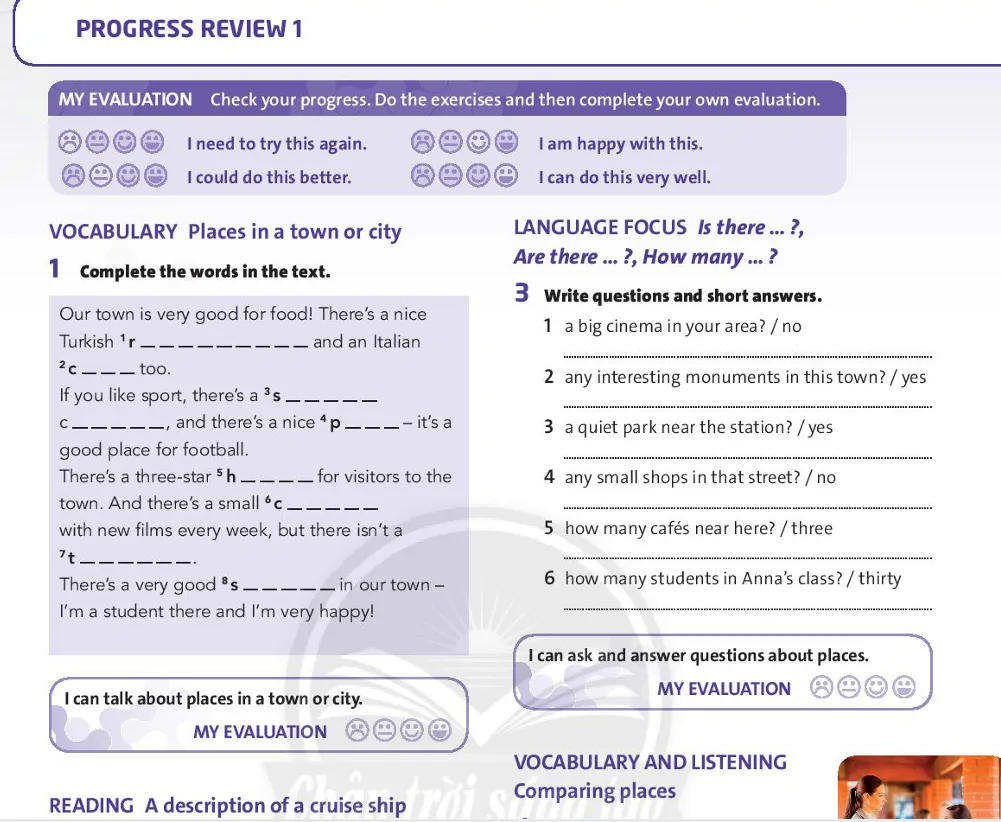
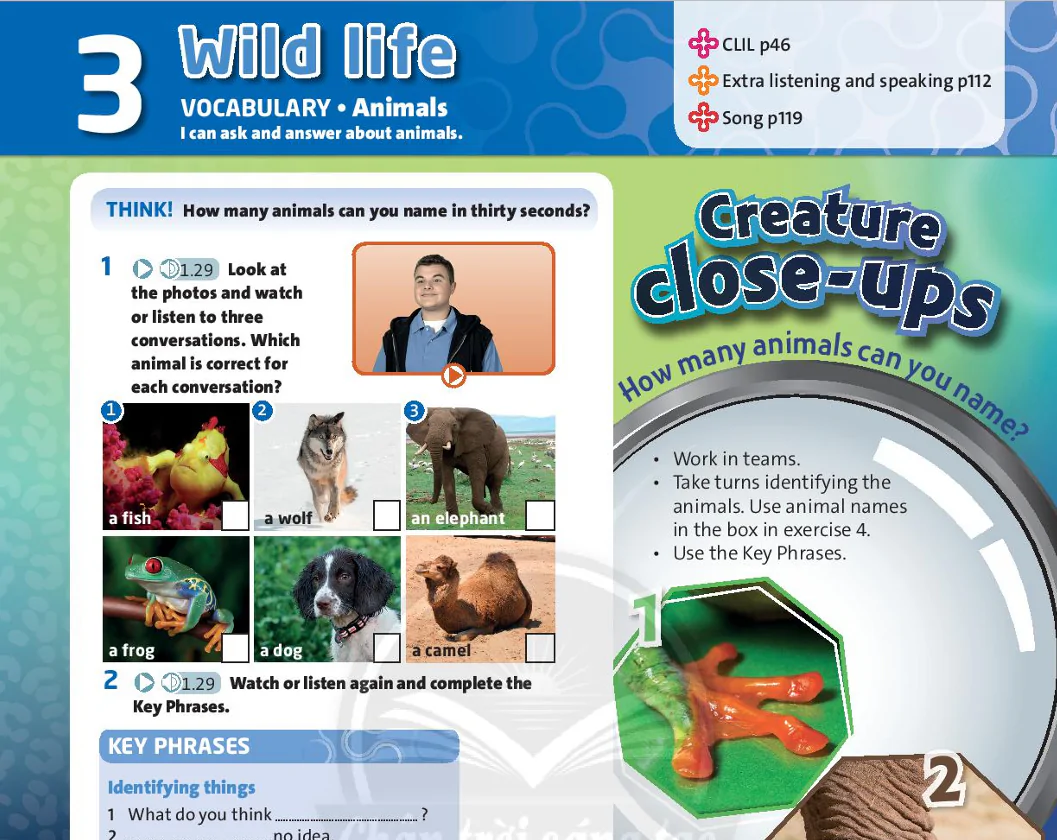

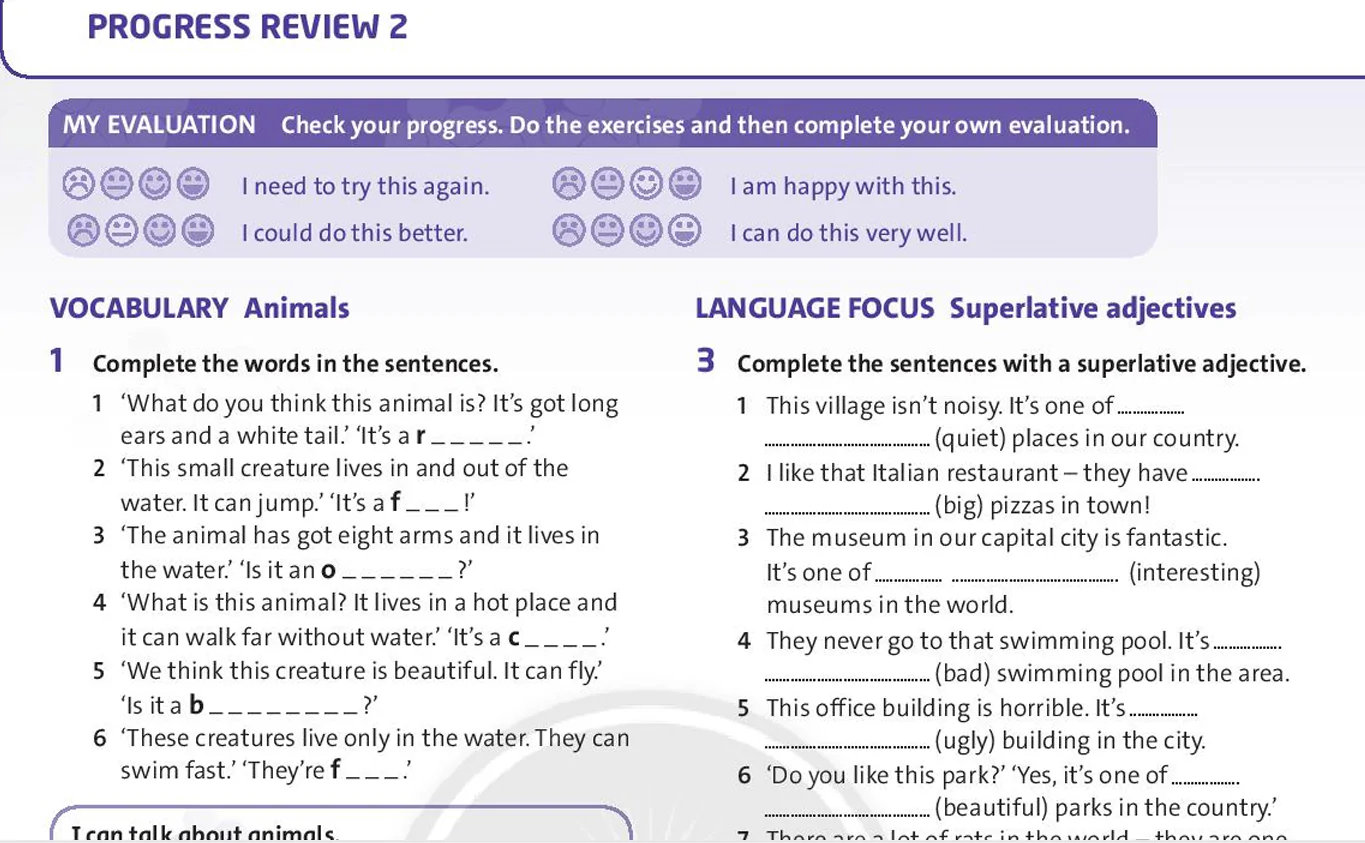
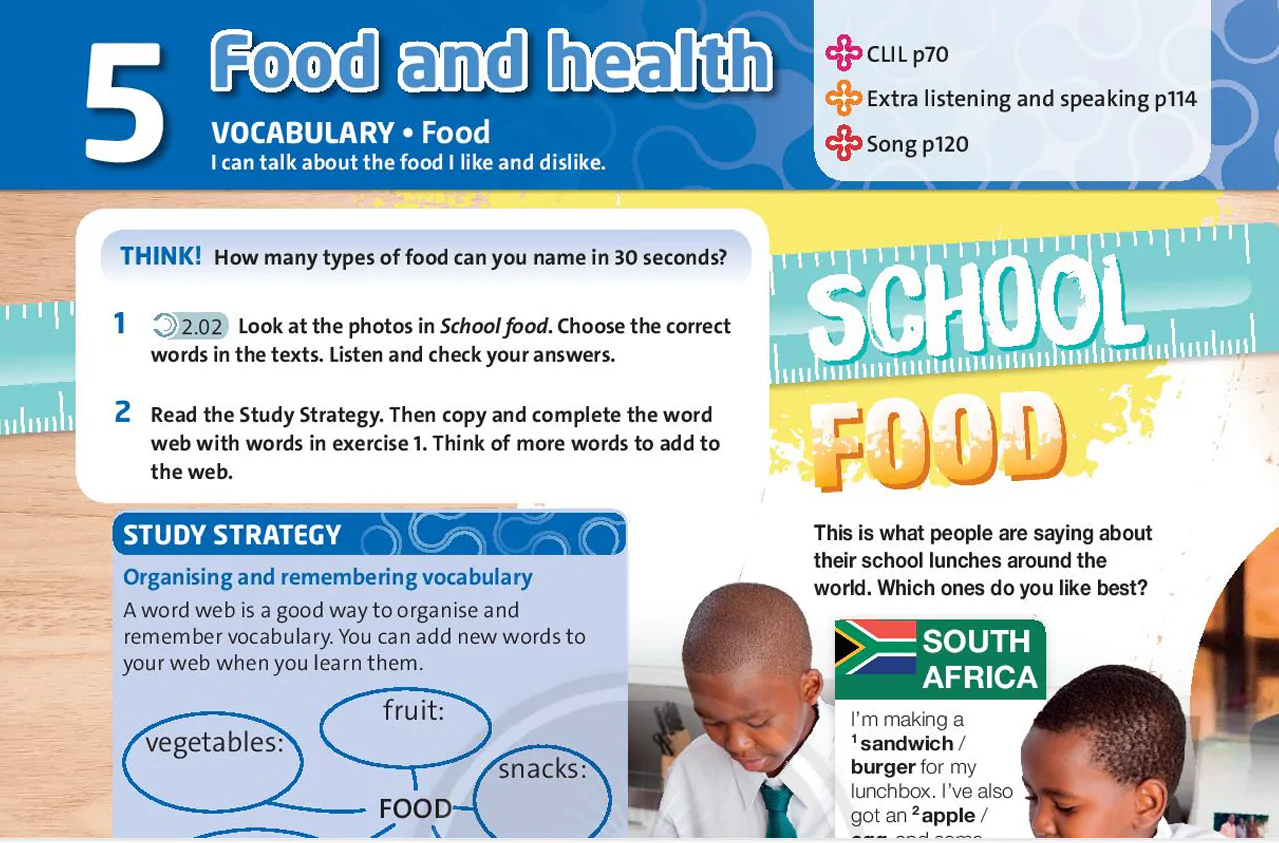
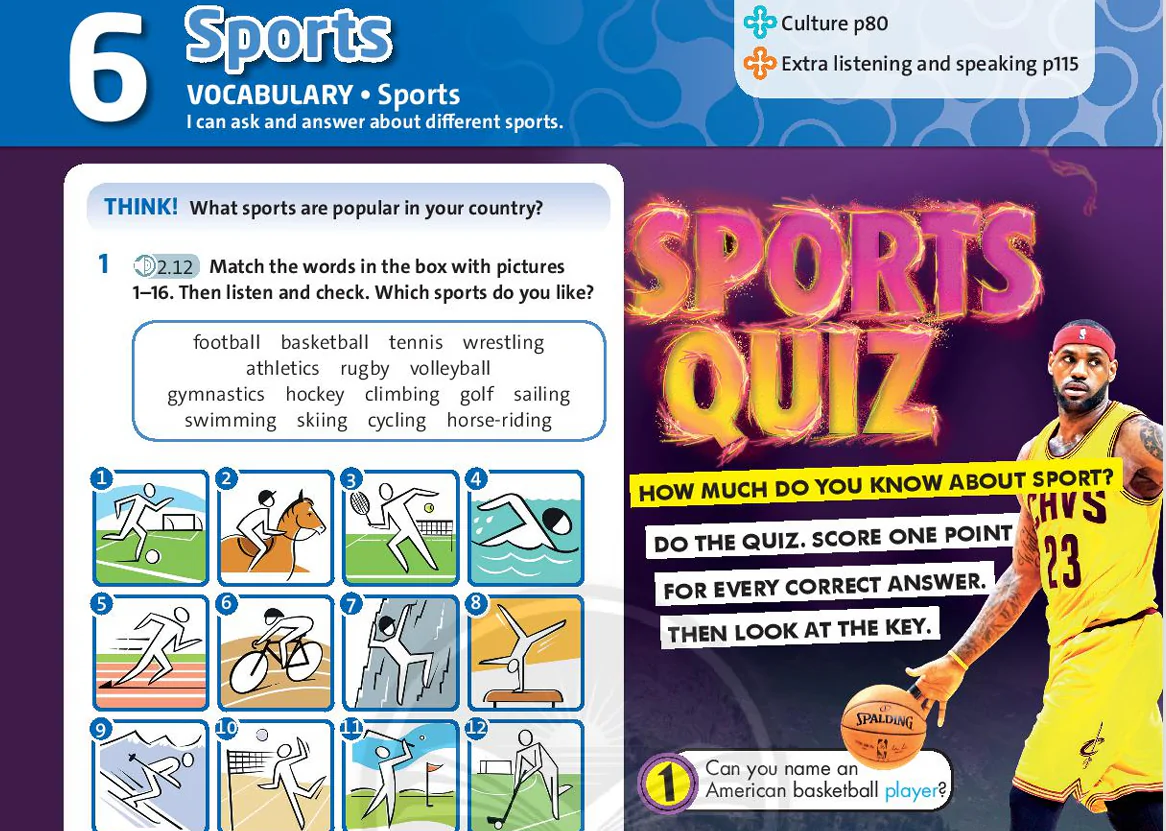
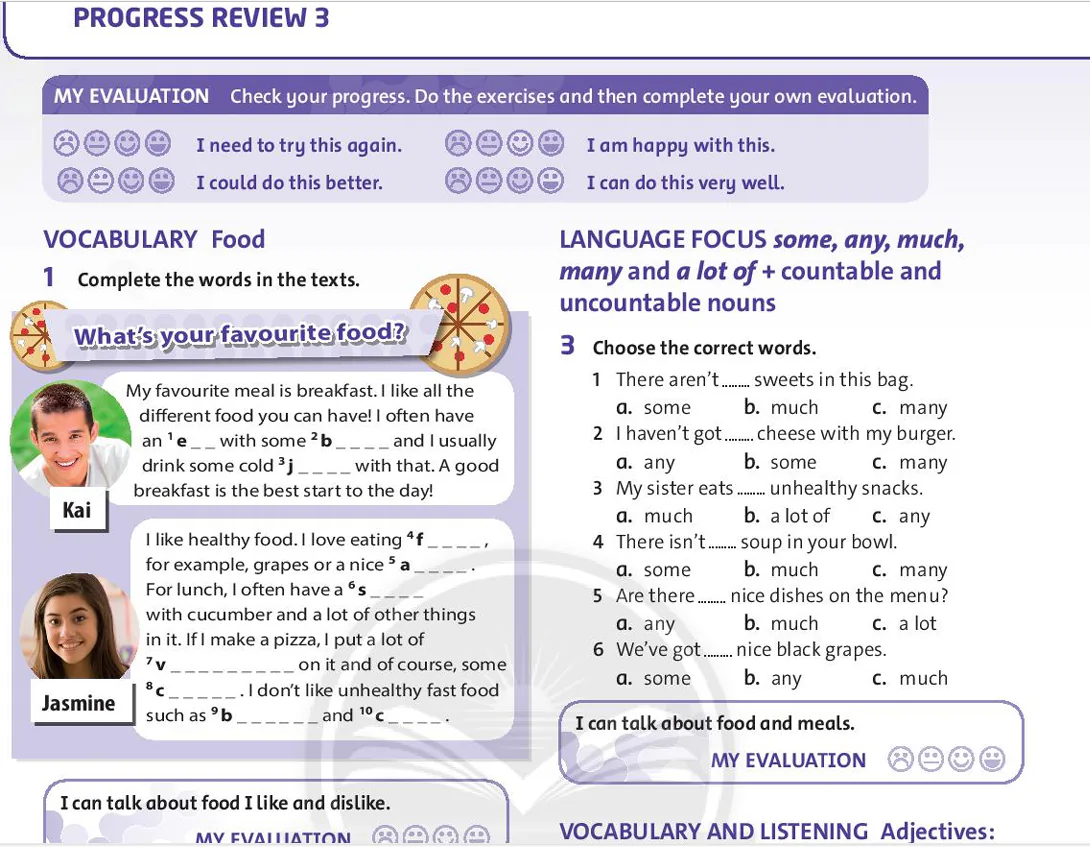
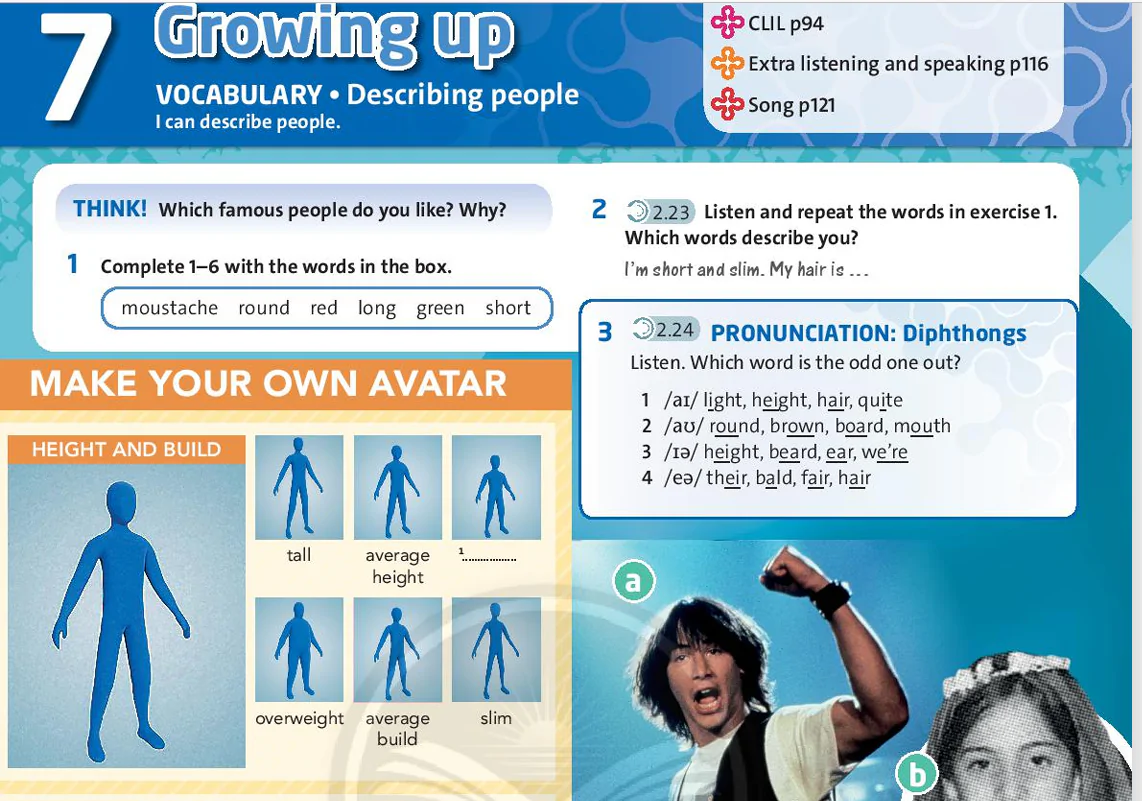
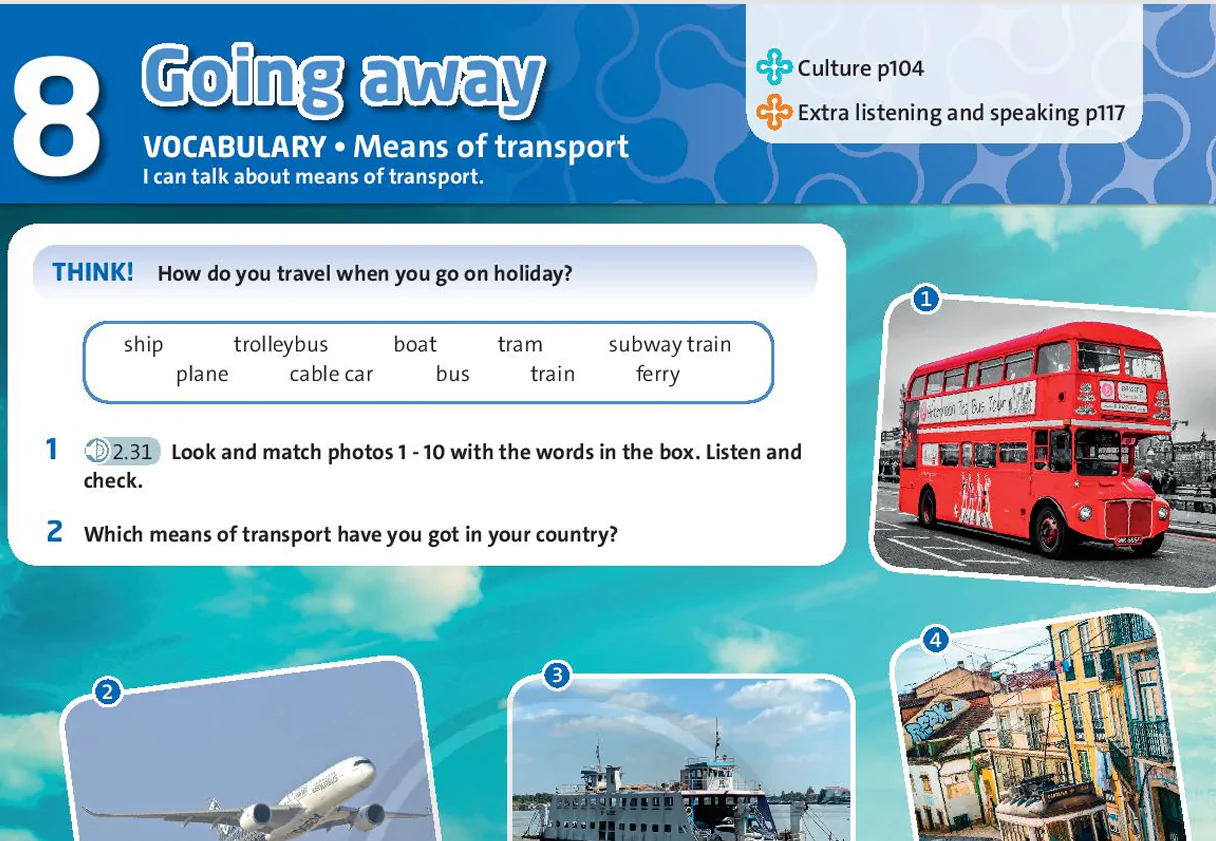
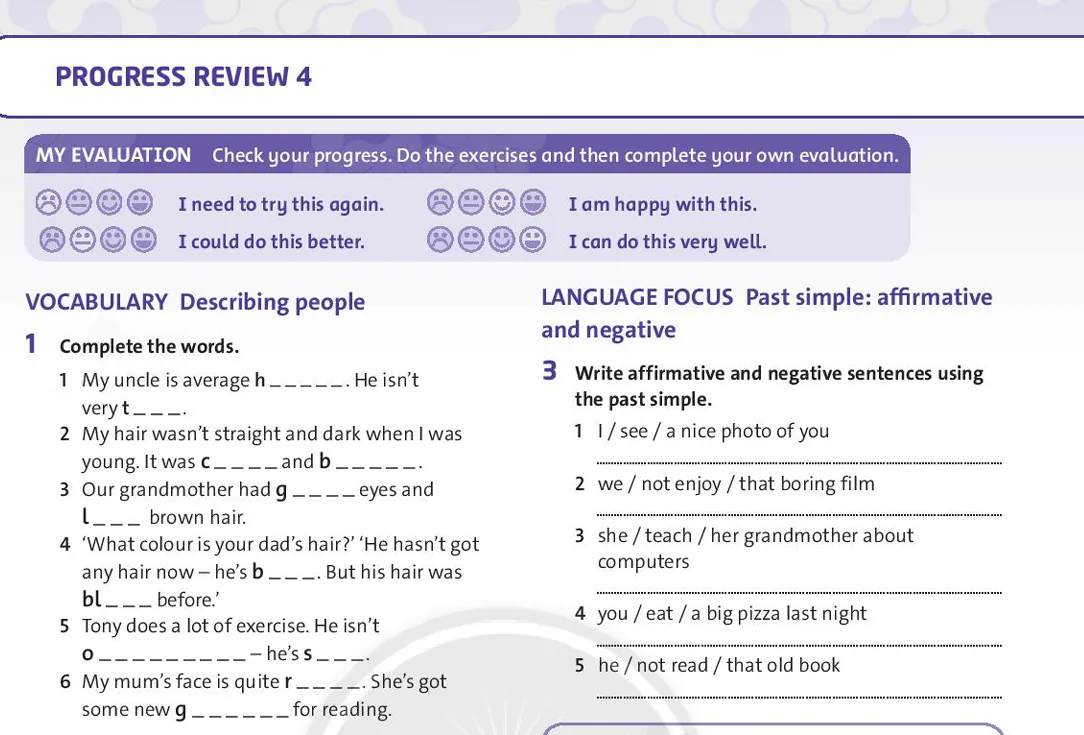
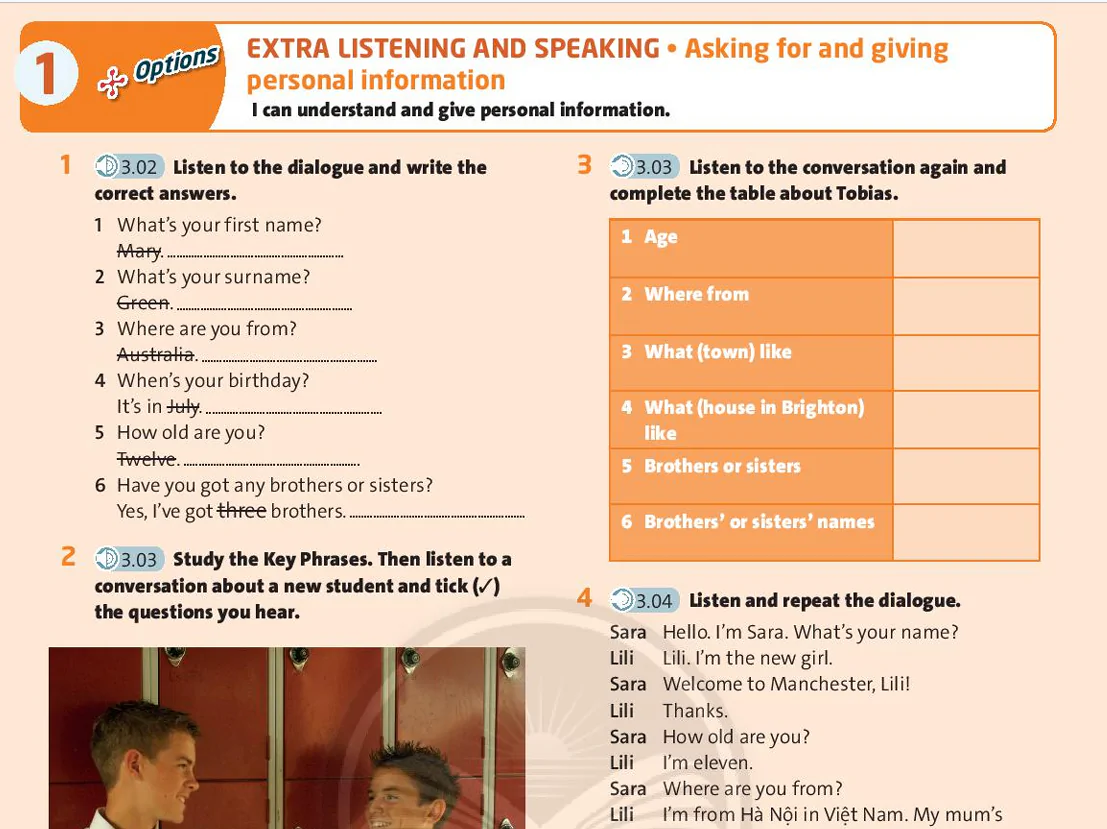
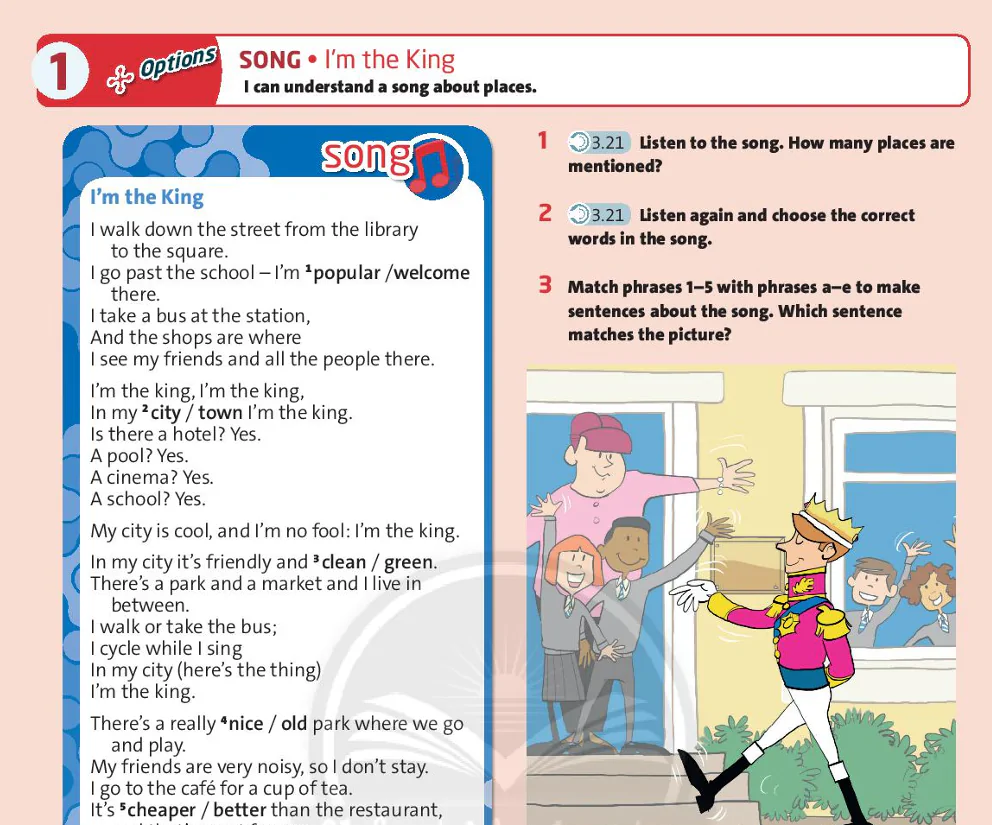
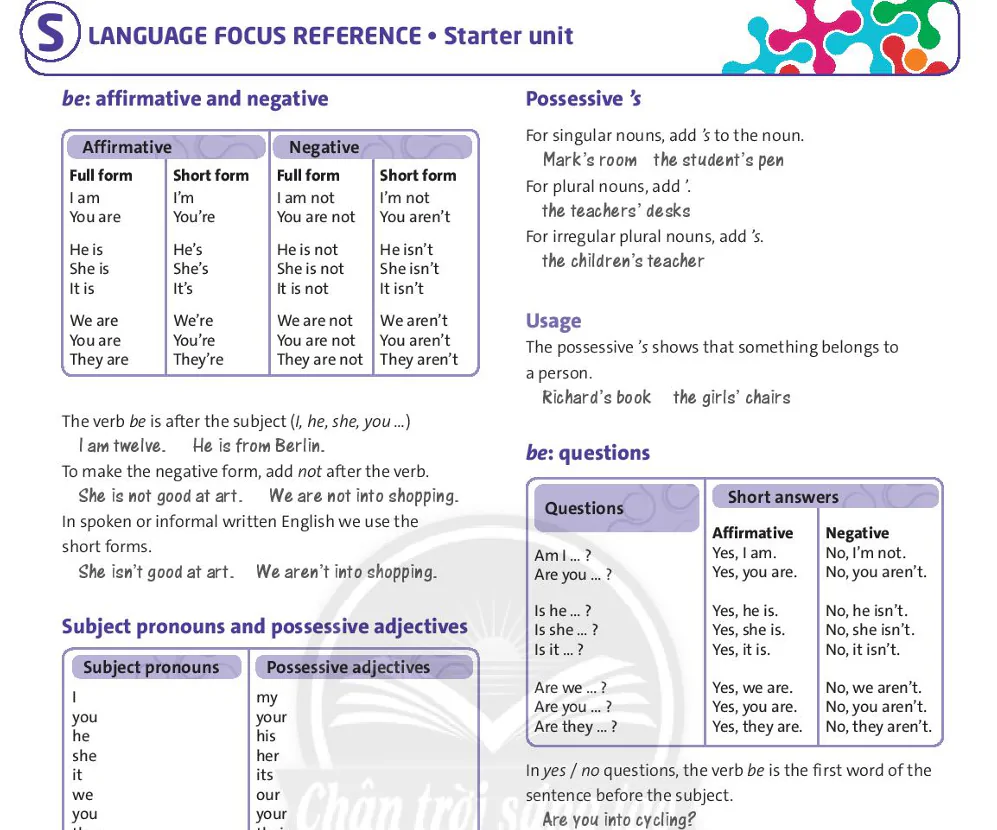
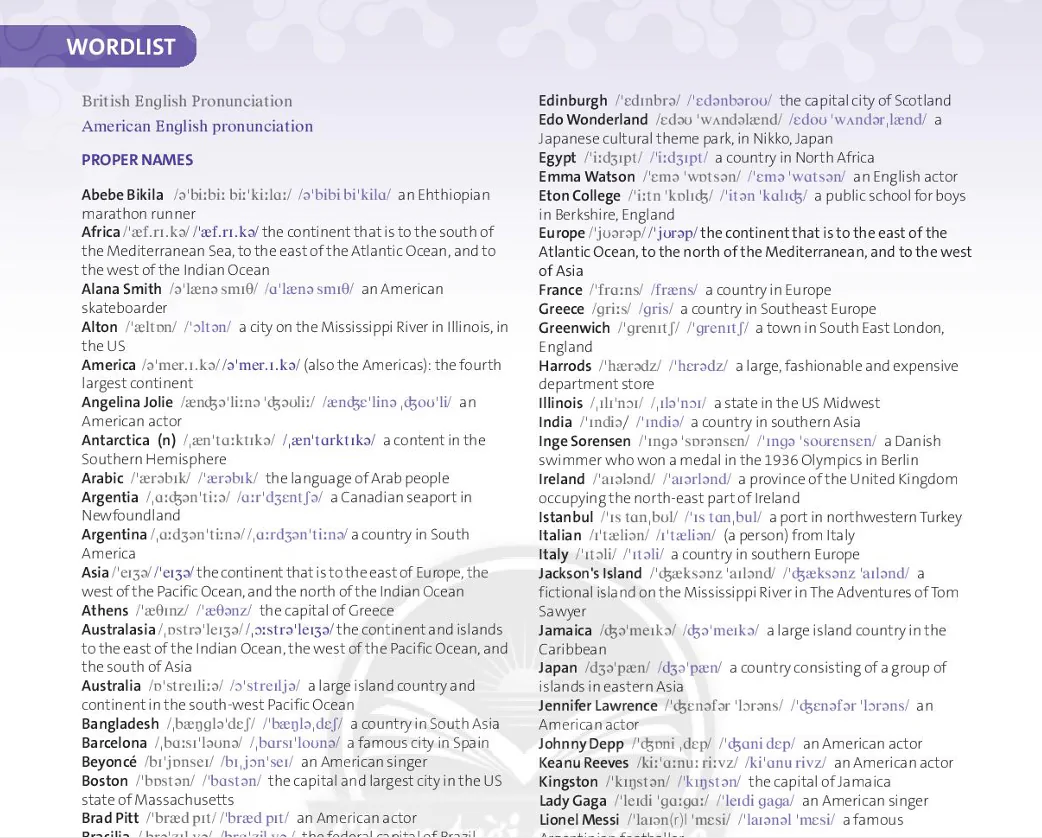



















Bình Luận
Để Lại Bình Luận Của Bạn